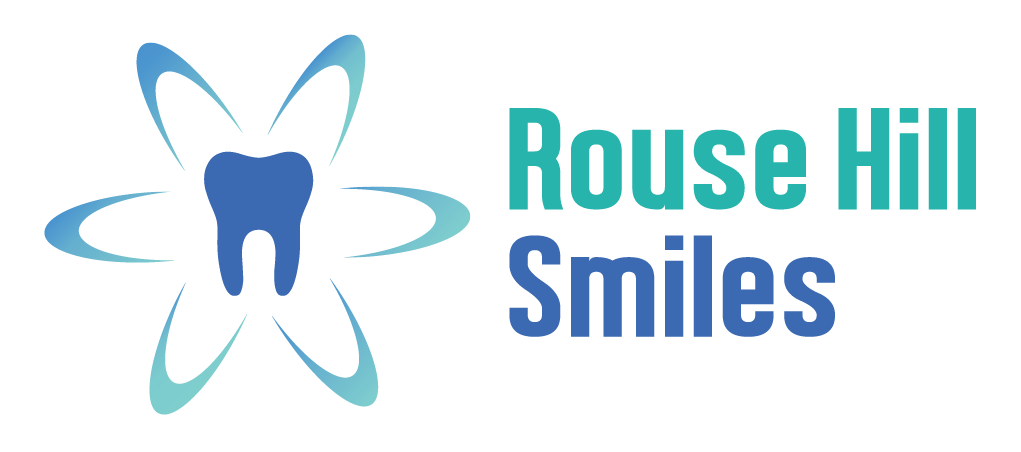What does your mouth tell you about your health?
Did you know that oral problems can affect your body? Yes, dental problems can give rise to other issues in the rest of the body. Oral health also offers clues about the overall health of the entire body.
Through this article, let us find out what is the connection between overall health and oral health.
What conditions can be linked to oral health?
Various conditions and diseases might be the result of poorly maintained oral health, including:
Endocarditis
When germs or bacteria from your mouth enter the bloodstream and spread to other parts of the body, they cause infection of the inner lining of your heart valves (endocardium) or chambers.
Cardiovascular disease
There are studies that are not entirely proven but still state that infections and inflammations in the mouth are linked to clogged arteries, heart disease, strokes, etc.
Pregnancy and birth complications
Premature birth and low weight of the birth baby is linked to Periodontitis.
Pneumonia
Some studies have proven that few bacteria from the mouth cause pneumonia and other kinds of respiratory diseases.
Certain conditions also might affect your oral health, including:
- Diabetes
- HIV/AIDS
- Osteoporosis
- Alzheimer’s disease
To avoid severe oral disease symptoms, it is always recommended to inform your dentist about the medications you are taking, any changes in the medicines, any change in the line of treatment, etc. You must let your dentist know about any kind of chronic condition you are facing, like diabetes or blood pressure. This will help in preventing it from aggravating.
How can you protect your oral health?
The primary thing to follow to protect your oral health is to maintain good oral hygiene regularly. Follow the below instructions to ensure your dental hygiene is maintained, and no oral health complications occur.
- Brushing your teeth using a soft-bristled brush at least two times a day
- Using a fluoride toothpaste for brushing
- Flossing your teeth once a day to remove the deposited food particles
- Using mouthwash to maintain the antibacterial oral health and pull the leftover food particles after brushing and flossing
- Having a healthy diet
- Limiting food with excess sugar
- Keeping an eye on your toothbrush and replacing them every three months or when bristles get worn out
- Scheduling regular dental checkups
- Avoiding the consumption of tobacco
- Contacting your dentist for any kind of dental emergency
Maintaining oral health and taking care of your white pearls is no less than an investment in your overall health. So book an appointment now.
Our Principal Dentist
Dr. Teena and the Rouse Hill Smiles team are dedicated to providing patients of all ages with the highest quality of care.

Dr. Teena Bali
Dentist
Quick Contacts
- Rouse Hill Plaza G07-G08, 2-4 Aberdour Avenue Rouse Hill, NSW 2155
- enquiries@rousehillsmilesdentalcare.com.au
- (02) 8320 0548







